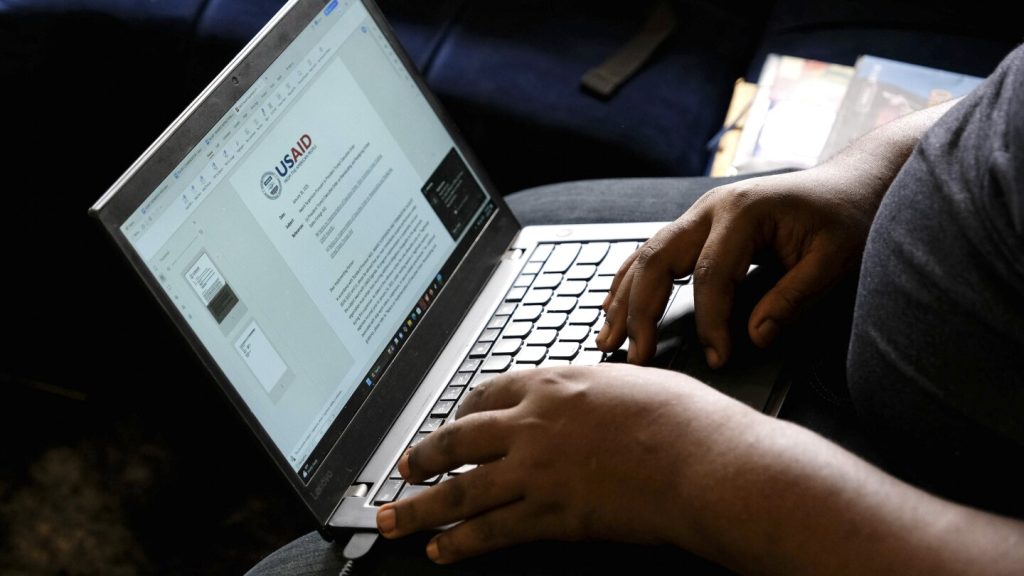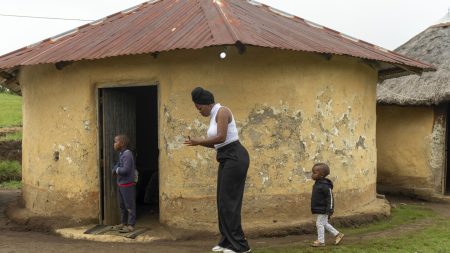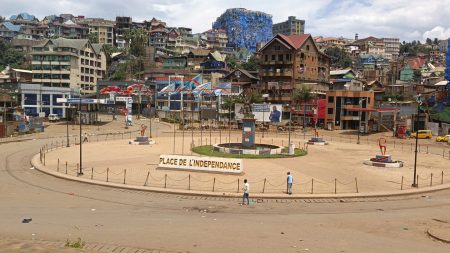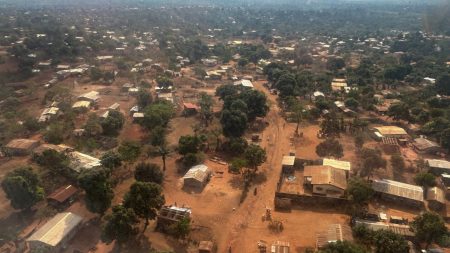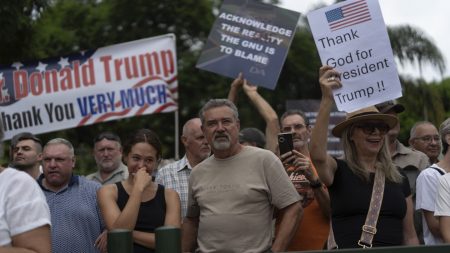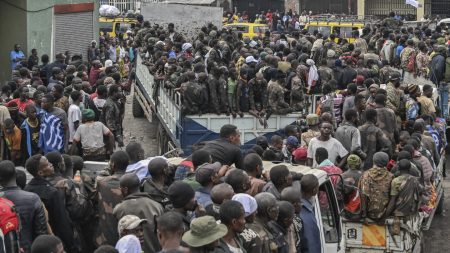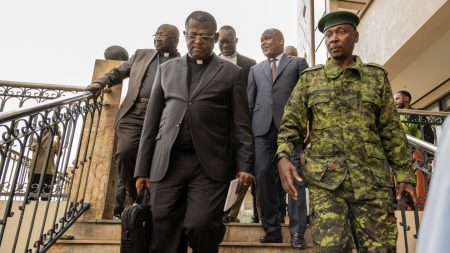The Impact of U.S. Foreign Aid Suspension on LGBTQ Communities in Uganda
The suspension of foreign aid by U.S. President Donald Trump has sent shockwaves through non-profit organizations supporting LGBTQ communities in Uganda. Pius Kennedy, a program officer at the Kampala-based Africa Queer Network, revealed that his organization has been forced to halt its operations due to the sudden loss of funding. The Africa Queer Network, which relies heavily on grants from USAID and other U.S.-backed programs, has had to stop critical activities that support the well-being of LGBTQ individuals in Uganda. Kennedy emphasized that without new cash transfers, the organization can no longer sustain its work, leaving its staff unable to continue their vital efforts.
The Role of USAID and PEPFAR in HIV Prevention
USAID has long been a cornerstone of HIV prevention programs in Uganda, providing essential funding for initiatives that supply condoms, lubricants, and self-testing kits to vulnerable communities. The Africa Queer Network, along with other organizations, has relied on these funds to ensure that LGBTQ individuals have access to life-saving resources. However, with the suspension of foreign aid, these programs are now at risk of collapse. Kennedy warned that the lack of access to these resources could lead to a surge in sexually transmitted infections, as LGBTQ individuals are disproportionately affected by limited healthcare access. The uncertainty surrounding funding from programs like the President’s Emergency Plan for AIDS Relief (PEPFAR) has further compounded the crisis, leaving organizations scrambling to find alternative sources of support.
The Broader Context of LGBTQ Rights in Africa
The challenges faced by LGBTQ communities in Uganda are not isolated but part of a larger struggle across Africa. Homosexuality is criminalized in over 30 of the continent’s 54 countries, with many governments openly hostile to LGBTQ rights. In Uganda, the situation has grown particularly dire since 2023, when lawmakers passed an anti-homosexuality bill that imposes severe penalties, including life imprisonment, for consensual same-sex conduct. The international community, including the United States, condemned the bill, with the World Bank withholding some funding in response. However, the recent suspension of U.S. foreign aid has emboldened anti-LGBTQ forces, leaving vulnerable communities without the support they once relied on.
The Global Consequences of Trump’s Policies
The suspension of foreign aid is not the only challenge posed by Trump’s policies. His administration’s decision to shutter diversity, equity, and inclusion programs within the U.S. federal government has far-reaching implications that extend beyond American borders. For organizations like the Africa Queer Network, the United States was once a beacon of hope and support, providing critical funding and advocacy. However, with these programs now under threat, LGBTQ groups in Uganda and elsewhere can no longer count on the same level of support. Kennedy expressed his deep concern that the erosion of U.S. backing will leave LGBTQ communities more vulnerable to attacks and persecution, both locally and internationally.
The Gould of Returning to the Office
For Kennedy and his team, the suspension of aid has meant more than just a pause in operations—it has rendered their work unsustainable. Without the funding they once relied on, the organization’s employees have been forced to stay away from the office, unable to continue their critical work. The lack of resources has also made it difficult for the group to reach out to the communities they serve, leaving many without access to essential health supplies and support services. Kennedy fears that this disruption could erase years of progress made in protecting sexual minorities in Uganda, undoing the hard-won gains of decades of advocacy and outreach.
Conclusion: A Call to Action
The suspension of U.S. foreign aid has thrown the future of LGBTQ advocacy in Uganda into jeopardy, with potentially devastating consequences for vulnerable communities. As organizations like the Africa Queer Network struggle to survive, the international community must step in to fill the funding gap left by the U.S. government. Without urgent action, the progress made in promoting LGBTQ rights and addressing HIV/AIDS in Uganda could be lost, leaving countless individuals at risk of exploitation, persecution, and poor health outcomes. The story of the Africa Queer Network serves as a stark reminder of the global implications of political decisions and the need for sustained support for marginalized communities worldwide.





